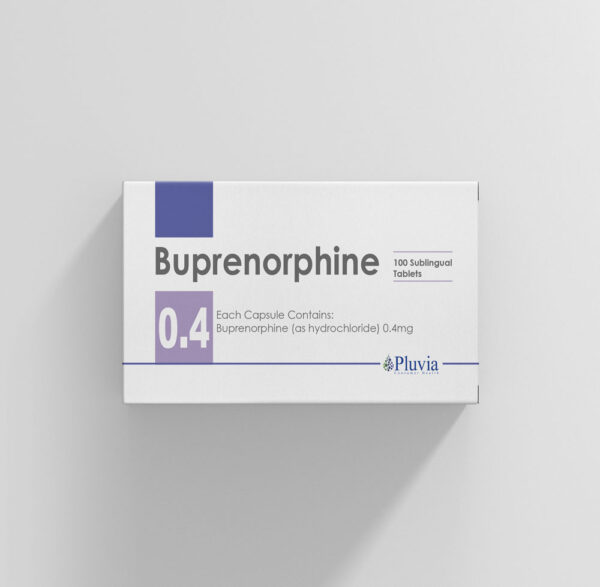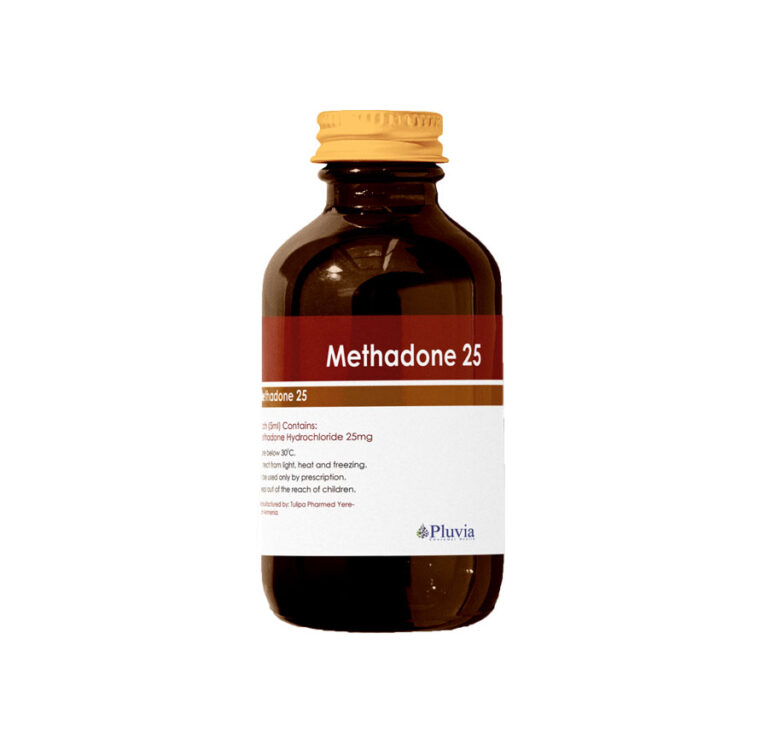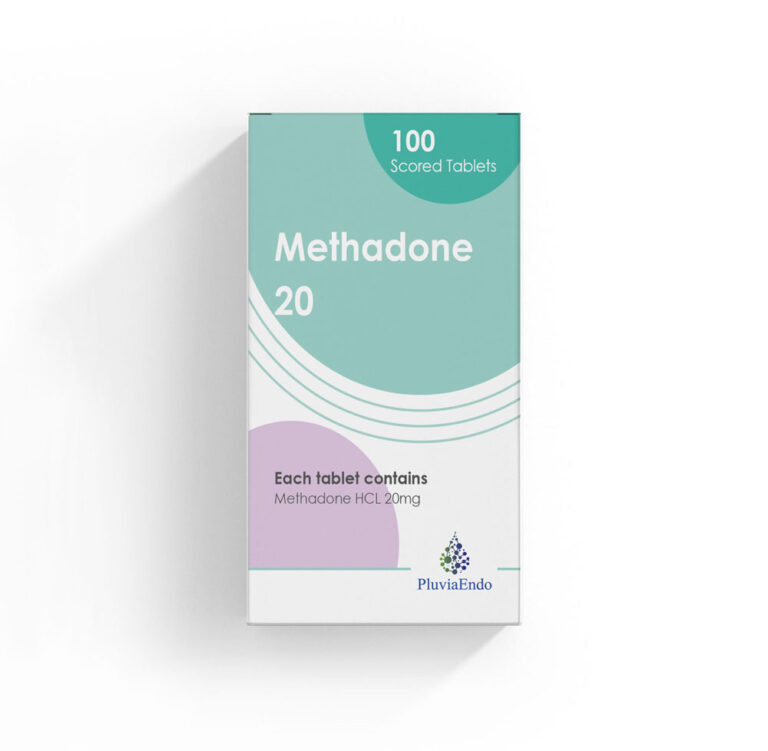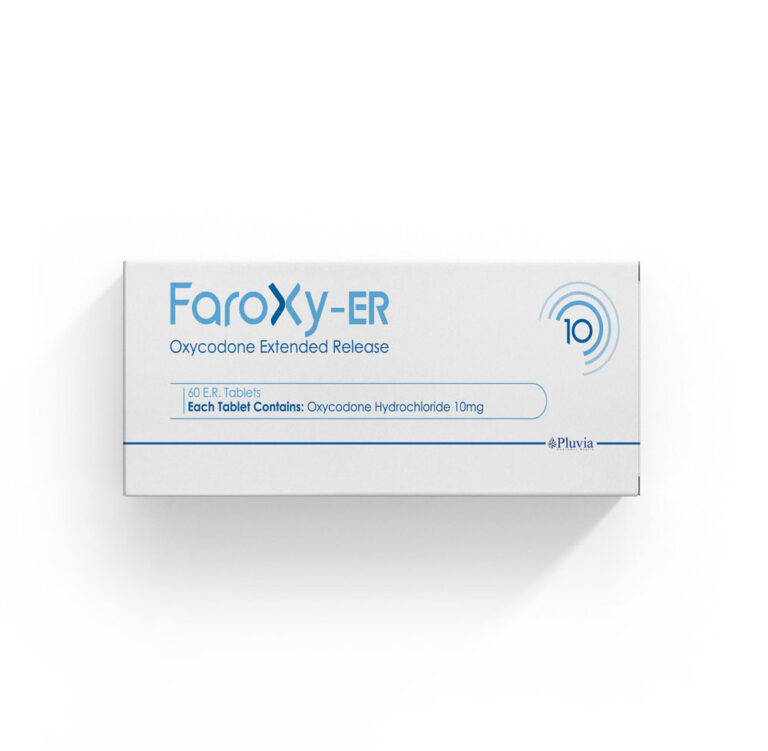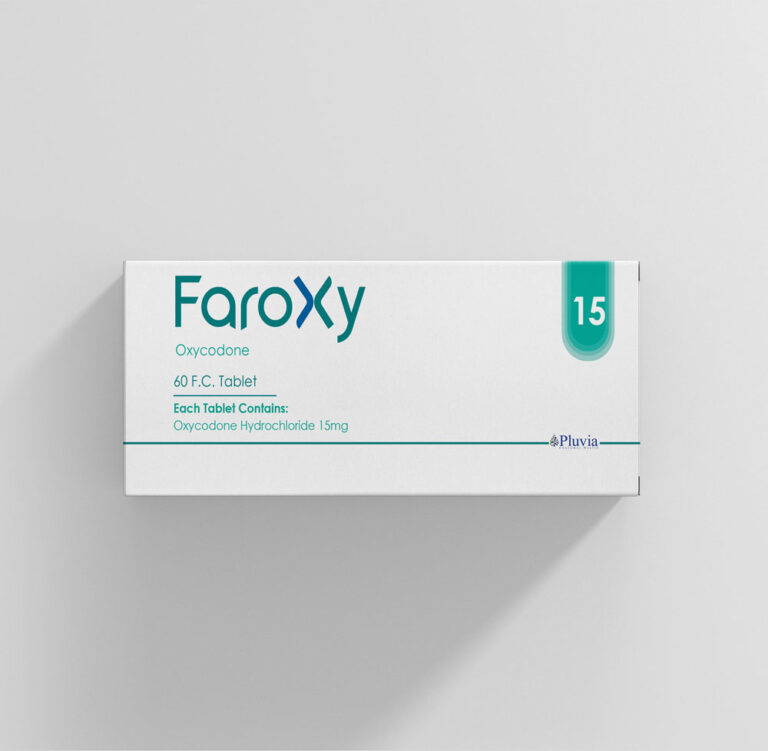BUPRENORPHINE 0.4 mg
Sublingual Tablet
Box (100 tablets)
Overview: Buprenorphine 0.4 mg is a powerful medication designed for effective buprenorphine pain management and the treatment of opioid dependence. As a partial mu-opioid receptor agonist, it provides significant analgesic effects while minimizing the risks associated with traditional opioids.
Key Features of Buprenorphine 0.4 mg:
- Buprenorphine HCl: This formulation allows for effective pain relief at microgram doses, making it suitable for patients requiring long-term opioid therapy. Its unique mechanism of action helps in managing pain while reducing the risk of respiratory depression and overdose.
- Buprenorphine Effects: The medication has a ceiling effect, which lowers the potential for misuse and overdose compared to full agonists. Studies have shown that buprenorphine effectively reduces pain scores in patients with chronic conditions such as low back pain and acute renal colic.
- Buprenorphine 0.4 mg Sublingual: Available in sublingual tablet form, buprenorphine is administered under the tongue for rapid absorption, providing quick relief from pain and withdrawal symptoms. This method enhances patient compliance and ease of use.
Benefits of Buprenorphine 0.4 mg:
- Lower Abuse Potential: Buprenorphine has a lower risk of addiction and misuse compared to traditional opioids, making it a safer option for patients with a history of substance use disorder.
- Reduced Withdrawal Symptoms: Patients transitioning from other opioids often experience fewer withdrawal symptoms when switching to buprenorphine due to its partial agonist properties.
- Improved Safety Profile: The risk of severe side effects, including respiratory depression, is significantly lower than that associated with full opioid agonists. This makes buprenorphine an ideal choice for chronic pain management.
Indications of Buprenorphine 0.4 mg:
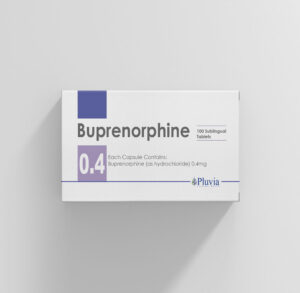
- Management of chronic pain requiring around-the-clock treatment.
- Maintenance treatment for moderate to severe opioid use disorder.
Dosage and Administration:
Administered sublingually; place the tablet under the tongue until fully dissolved (up to 10 minutes). Dosing should be tailored to individual patient needs based on clinical guidelines.
Buprenorphine is available in several formulations in Pluvia Endo, including:
- Buprenorphine API: This formulation is used in various delivery methods, including tablets and implants:
- Buprenorphine Sublingual: Buprenorphine Tablets allow for rapid onset of action as the medication dissolves under the tongue:
- Buprenorphine Sublingual 0.4 mg
- Buprenorphine Sublingual 2 mg
- Buprenorphine Sublingual 8 mg
- Intermediates:
- N-Methylnorbuprenorphine 3-methyl ether
- (5R,6R,7S,9R,13S,14S,20S)-17-Cyclopropylmethyl-α-(1,1-dimethylethyl)-4,5-epoxy-18,19-dihydro-3,6-dimethoxy-α-methyl-6,14-ethanomorphinan-7-methanol
Contraindications:
- Hypersensitivity to buprenorphine or any components of the formulation.
- Significant respiratory depression or acute/severe asthma in an unmonitored setting.
Warnings and Precautions:
Use with caution in patients with:
- Cardiovascular disease
- Hepatic impairment
- Renal impairment
- Respiratory compromise
Side Effects:
Common side effects may include:
- Nausea
- Vomiting
- Constipation
- Dizziness
Conclusion:
Buprenorphine is an essential medication for effective buprenorphine pain management and opioid dependence treatment. With its unique properties as a buprenorphine drug, including its formulation as buprenorphine HCl and administration as buprenorphine sublingual, it stands out as a safer alternative in the management of chronic pain.
For more information or to place an order, please contact us today!
We understand the complexities and challenges you face in the healthcare industry. That’s why we’re dedicated to providing innovative solutions and insightful knowledge to help you achieve your goals.
Your input is crucial in helping us understand your needs and deliver the most relevant support:


